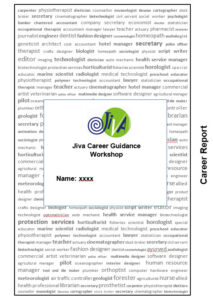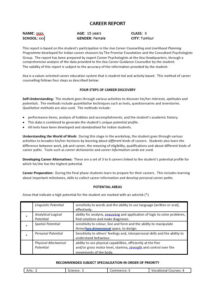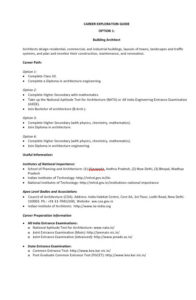Workshop Tools
Jiva workshops combine a wide range of tools and techniques. Each of these tools have been trial tested and standardised specifically for the Indian context. Given a below is an overview of our methods and tools.
Flip Charts
Every Jiva activity is supported by Flip Charts. These are large display charts that carry the key points of the activity. The Counsellor uses the Flip Chart to conduct the activity. The charts can be used in individual sessions as well as in classrooms of about 30 to 40 children. Students also interact with the Flip Charts for some activities. At the end of an activity, students use the Flip Chart to consolidate and record their learnings in their Jiva Workbook.

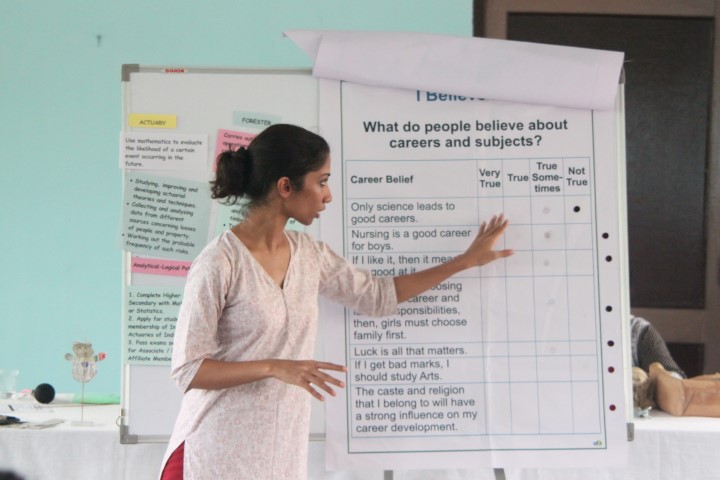



Learning Cards
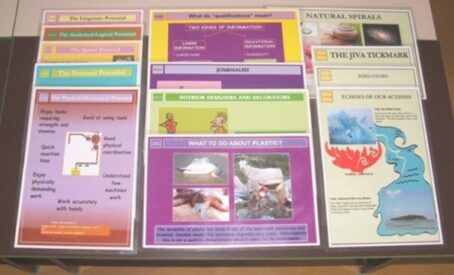

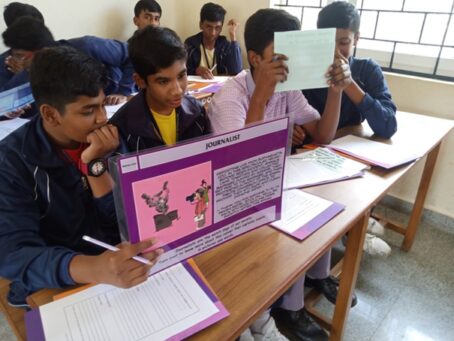
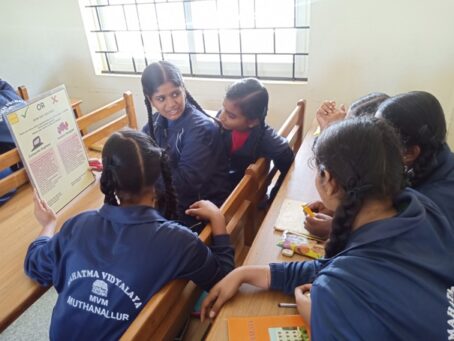
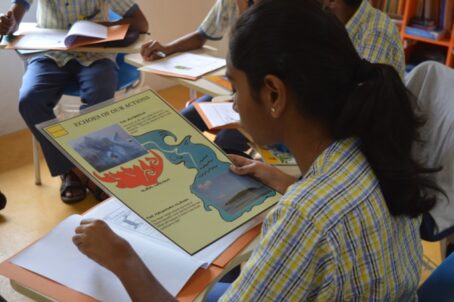
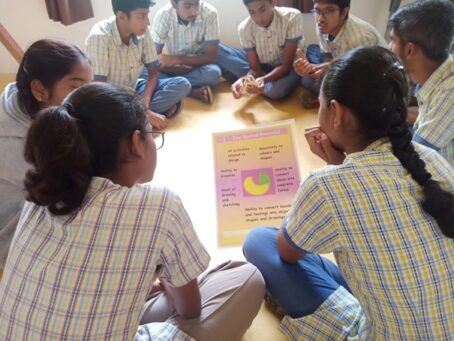

Career Dictionary
Jiva presents the student with a comprehensive career information data bank covering close to 170 careers based on the International Labour Organisation’s International Standard Classification of Occupations. A brief version of this information is made available in the form of the Jiva Career Dictionary. These are attractive booklets with abbreviated career definitions that students use for a career overview.


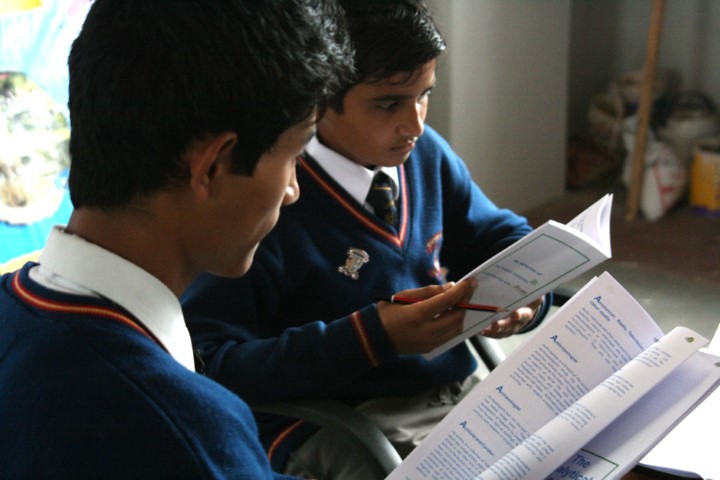

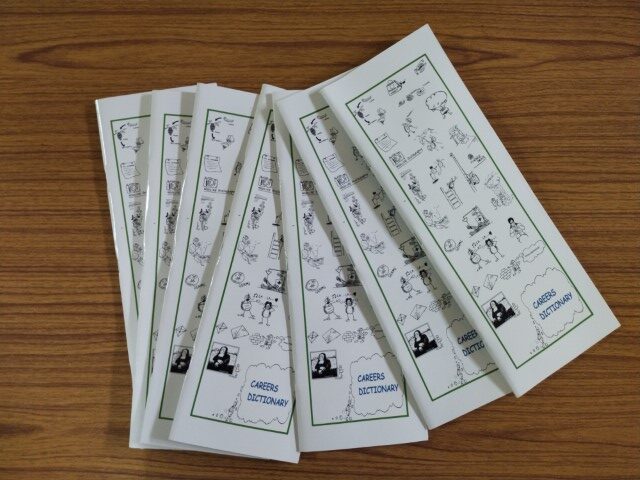
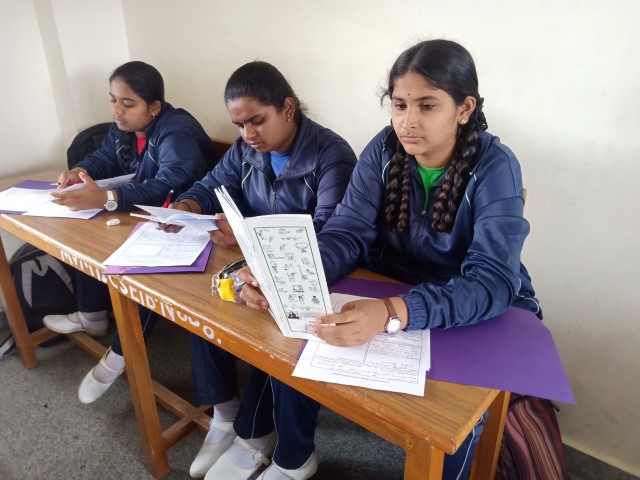

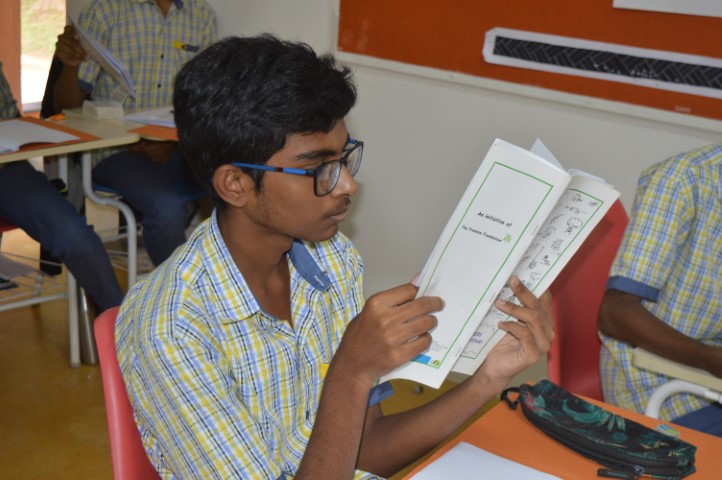
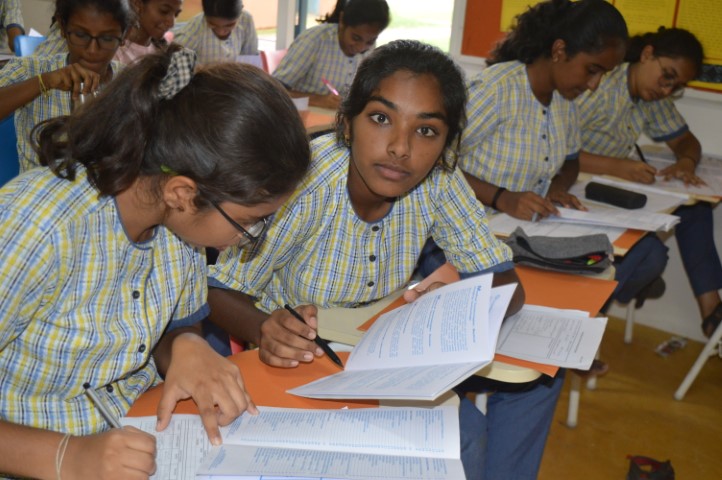
Career Information Cards
Should a student wish to learn about a career in greater detail the Jiva Career Information Cards could be used. Each card carries easy to understand information about career paths, potentials required, specialisations, qualifications, eligibility criteria and jobs possible within each career. The cards are presented in a sturdy bag and can be placed in a classroom for easy access. All schools that avail the Jiva Workshop receive a free Career Information Kit.

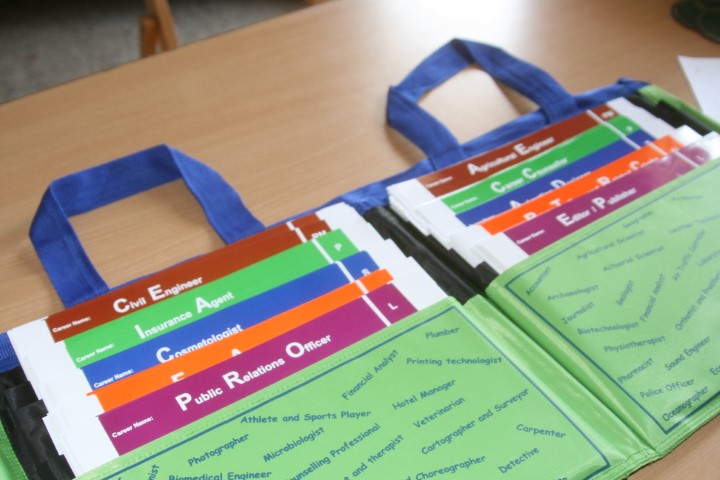
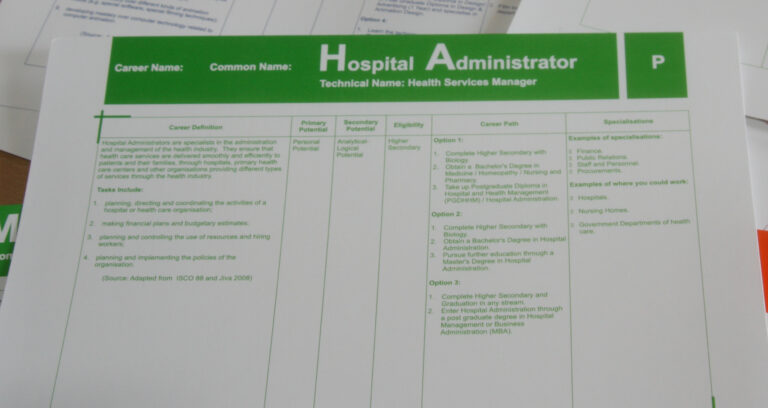

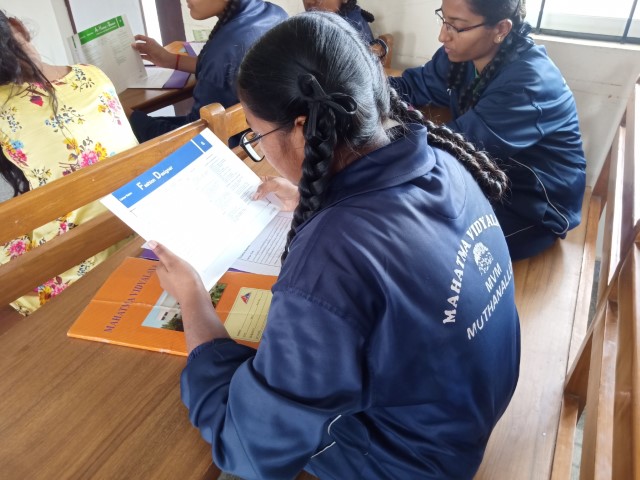
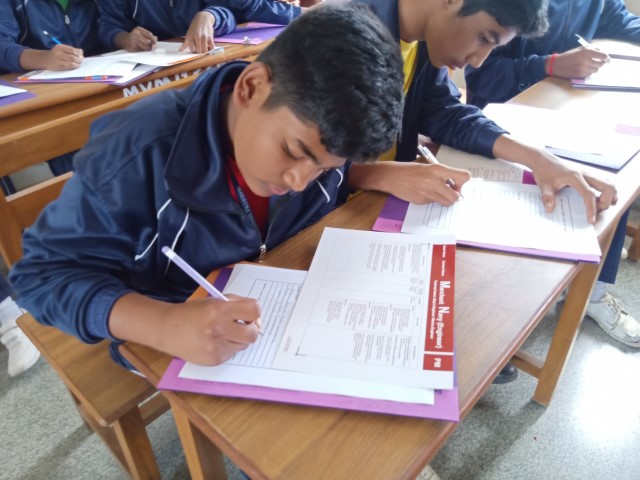
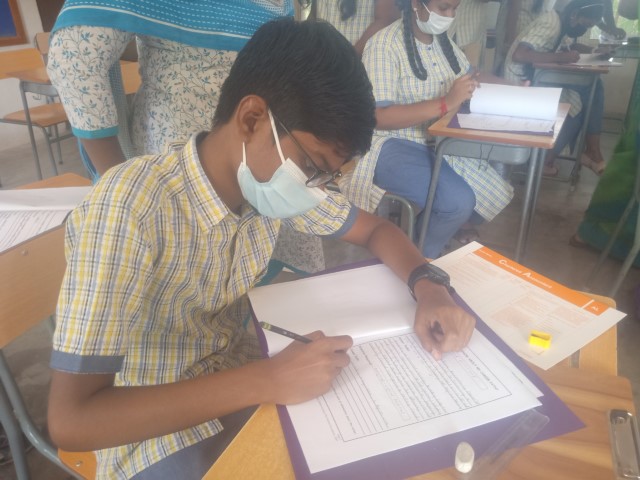

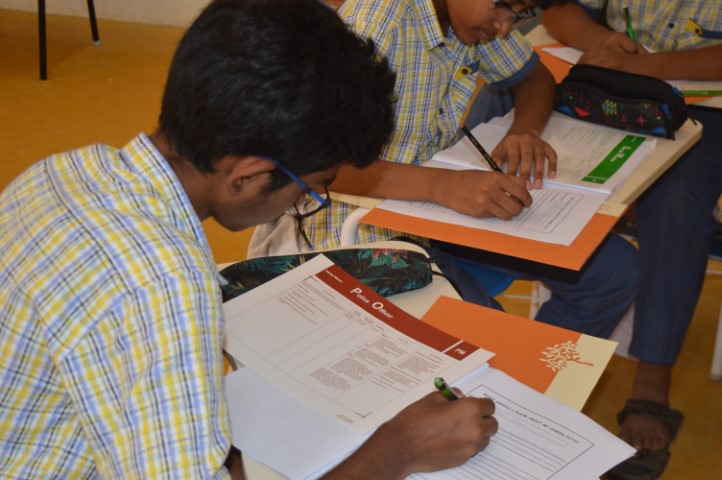


Flash Cards
A number of Jiva concepts are communicated through games. One of the devices used to play these games are Flashcards. These cards carry brief messages and information. Students use these Flashcards to work with each other and with the Jiva counsellor to understand career information and learn more about the links between education, interest, aptitude and career.
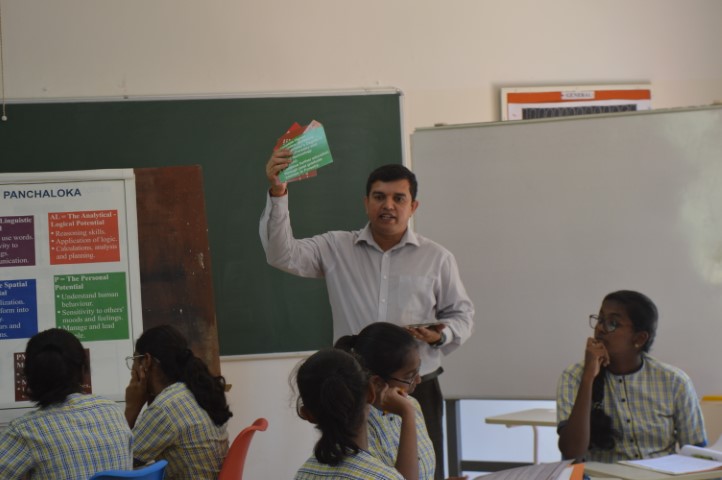

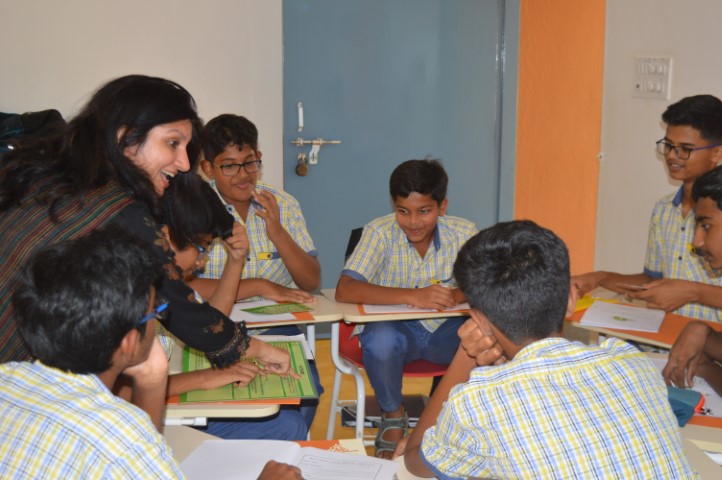
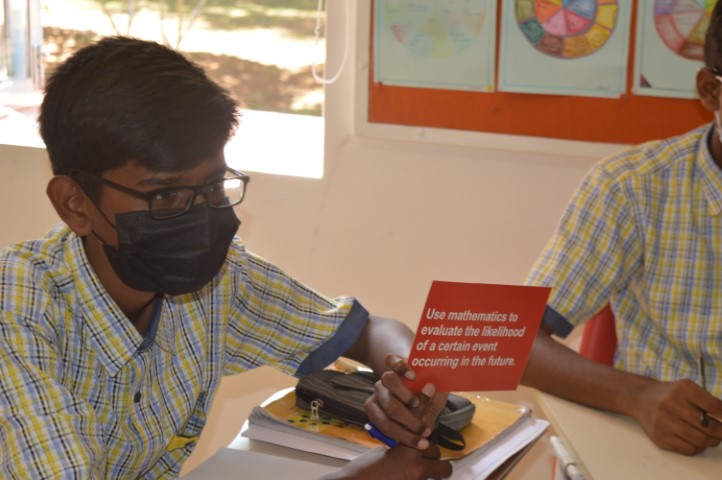

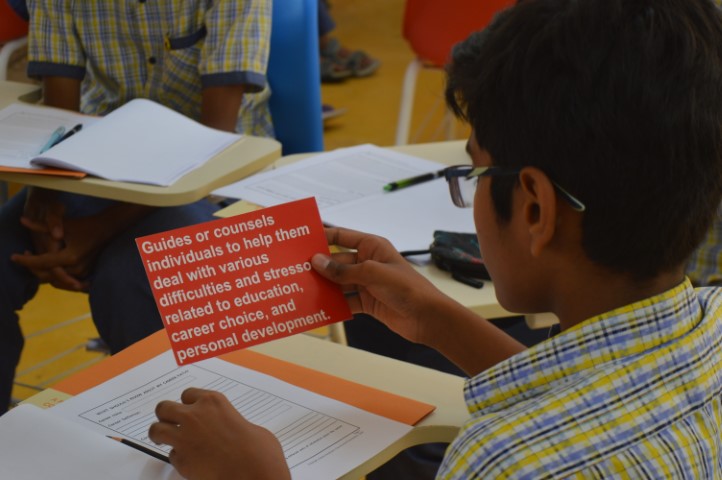




Tests, Psychometry and Assessments
More often than not, career guidance is equated to aptitude tests. However tests and assessments are only a part of the entire career guidance process. Jiva uses a comprehensive and modern method of assessment that blends quantitative and qualitative methods.
Both methods are based on the Multiple Potentials Framework (click here to know more). Hence the data can understood using the same theoretical frame of reference.
Jiva uses a special algorithm to combine quantitative and qualitative data to come to a holistic understanding of the student’s potentials.
This combined data is used to develop each student’s unique Potential Profile.



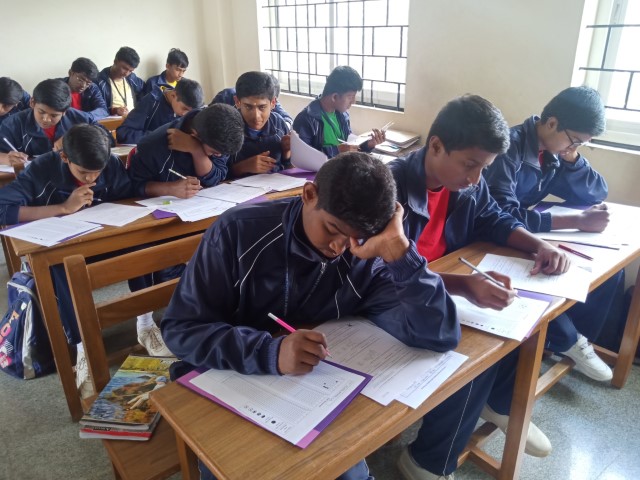
- Quantitative Tools: Jiva uses the Comprehensive Student Information Protocol (CSIP) for quantitative assessments of Interests and Aptitudes. The CSIP is a standardised psychometric device developed by Jiva specifically for Indian students. The tool has been standardised and normed on a sample of over 15,000 Indian students.
- Qualitative Tools: Jiva counsellors use a guided interview format to collect qualitative information pertaining to hobbies, accomplishments, and academic history. In our individual session format, detailed information is also collected from parents.
Check here for an overview of the Jiva approach to Assessment for Career Counselling.
Jiva Workbook
All Jiva activities are supported by Worksheets. At the end of each activity students are given time to enter their learnings and insights into their worksheets. These worksheets are compiled into a their personal Jiva Workbook. In this way students take home a record of what they have learned in the Jiva workshop.

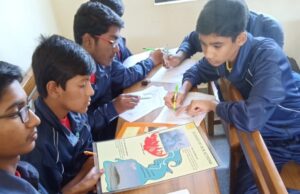
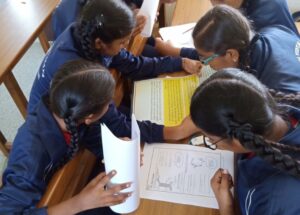
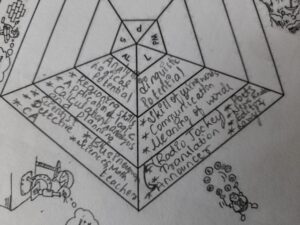
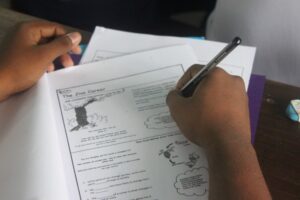
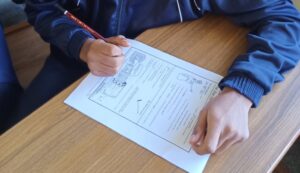
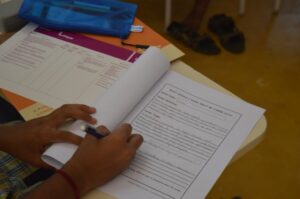

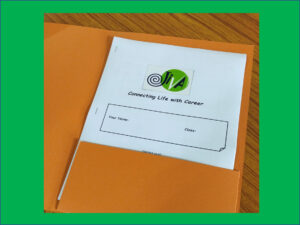
Jiva Career Report
Students who go through the Jiva Workshop receive an Individualised Career Report, based on the student’s work during the workshop, academic record, hobbies, accomplishments, data collected by the Jiva counsellor through the Comprehensive Student Information Protocol and information collected from parents (in the individualised format). The Report is about 10 to 15 pages long, and presents: the student’s potential profile, recommended subject streams, suitable career alternatives and detailed career paths (with institutional information) for each of the suggested alternatives. The report would be relevant for at least the next 5 years of the student’s career development. The images show a few pages from a typical report for a student who attended a group workshop.
